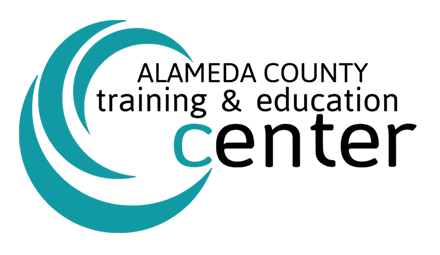Today’s Question for the Career Coach:
What are the basics of career planning? When switching industries, how can you better equip yourself to what seems like starting over?
The Career Coach Says:
Career Planning involves a number of basic steps. It starts with a self-assessment to determine your interests, skills, strengths and values. Once you have a sense of what you really are passionate about, what you enjoy, what you do well, and what you need at this stage of your life (to support school, your family, financial needs, etc.) you can create a career plan to provide a path to help you reach your goals. It is important to take the time to assess these things. If you do not, you can sometimes end up in a job or career that is a miss-match, and you will not be satisfied. A well thought out career plan will help you to be excited about getting up every day to go to work that you love. This, in turn, helps to ensure that you can be at your best for the organization and the people you serve.
If the result of your self-assessment process indicates you should move forward with a plan to switch industries, the next step should be to conduct some research on that industry so you can be more comfortable that it is the right move. This is the best way to equip yourself with knowledge of the industry and with the beginnings of a network of contacts in the industry who might help you as you begin to apply for jobs. Research those organizations that meet your needs regarding type of work, location, etc. I usually suggest people develop a list of those organizations of interest, regardless of whether or not there is a current position available. Then ask your friends, colleagues, LinkedIn contacts, if they know anyone who works in that industry who might be willing to meet with you for 15 minutes so you can ask questions about their work. If you can be referred to these people from others they know, they are usually more willing to help you. In such situations, you can be more comfortable because you are asking for information at this point, not a job. Tell them you are researching this as a possible career move for you in the future.
Doing such informational interviews will help you in two ways. One, you find out interesting information about the industry that can help you make a decision about whether or not this is the right one for you. Second, you meet people and make contact with people who might help you later when you start applying for jobs AND, they get to know you in an informal way. Always thank them as you conclude the interview, and ask them if there is anyone else in their organization or industry they can suggest who might help you with your research. Now you have another contact. In every case, send them a thank you note and tell them you would like to stay in touch as you pursue your research. Then, when you are ready, reach out again, tell them you are now applying for jobs, and they will usually be willing to help since they now know you.
As you gather information, you will know what is required to break into this industry. Perhaps they suggest you need a particular skill. If so, find a class you can take or ask your current boss if you can be involved in a task team or other activity that can help you build the skill you need. I suggest you take a look at the self-assessment tools found on our website. Keep in mind that it does take time to move into a new job or another industry, so be patient and stick with your plan. If you do, you will succeed.
Share this Post

